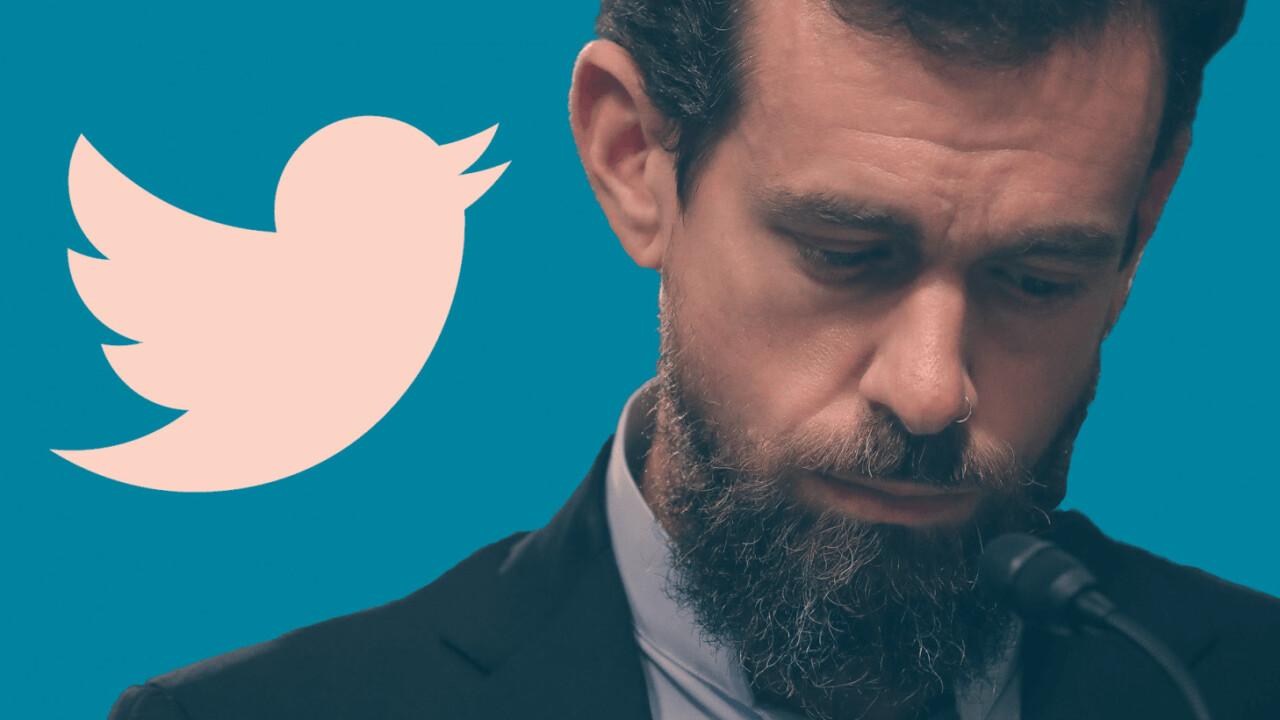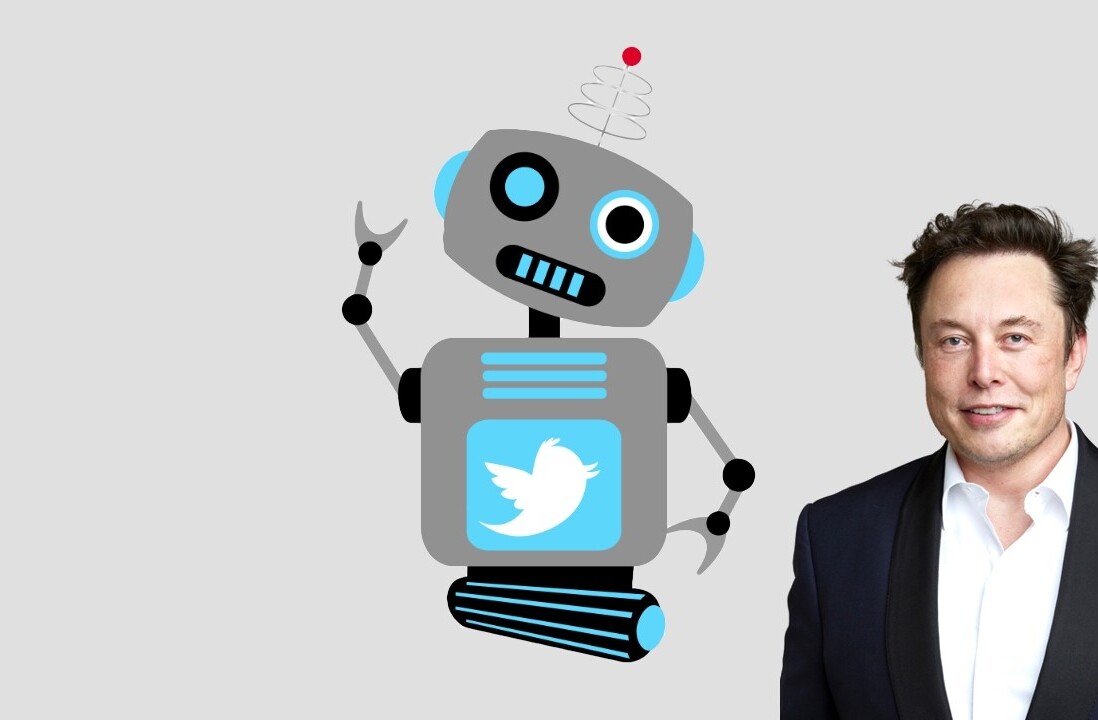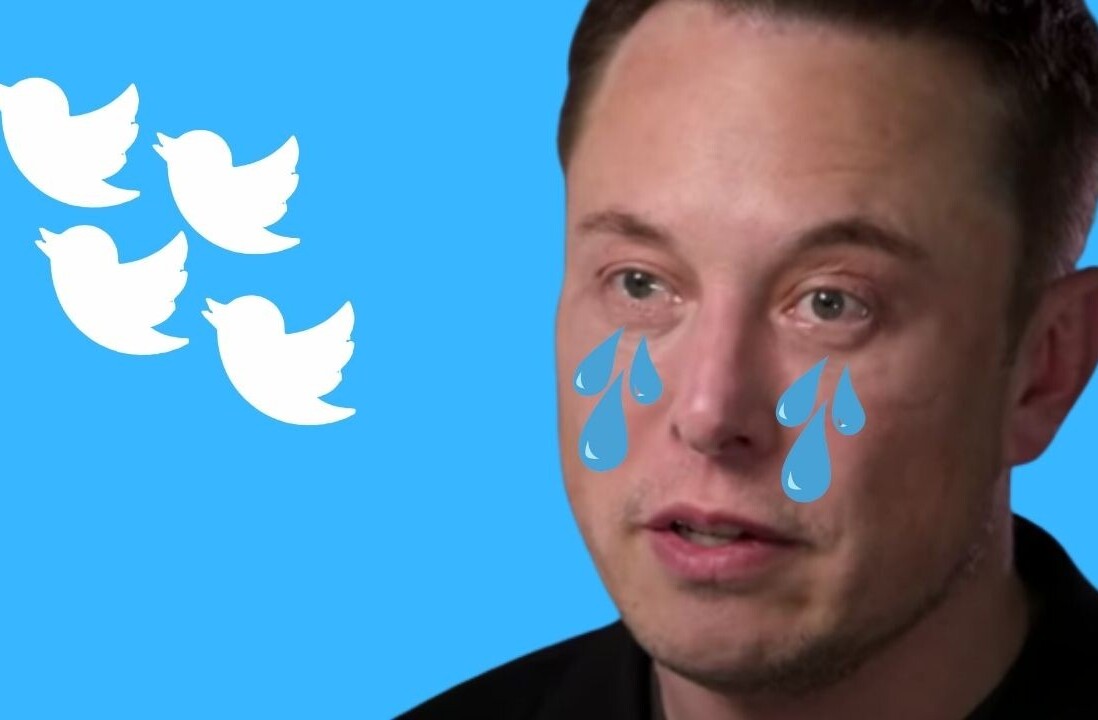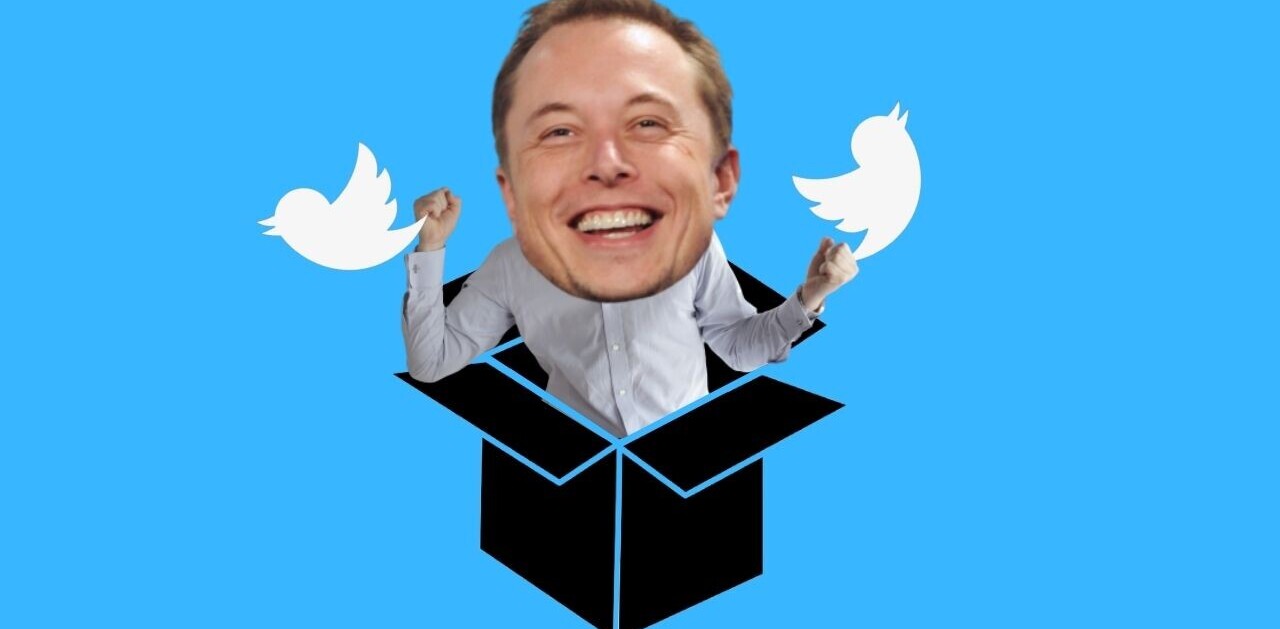
Last September, when Twitter CEO Jack Dorsey appeared in front of US Congress, several Republican representatives asked him about the company’s bias against conservatives on the platform. While Dorsey denied this claim, the accusations continued to roll in over the following months. In October, President Donald Trump complained about it too.
Later, in an interview with NYU journalism professor Jay Rosen in September, Dorsey admitted that the majority of Twitter employees have a left-leaning bias, so much so that their conservative colleagues are afraid to talk about their opinions.
This week, a parliamentary committee in the country – where Twitter is believed to have some 30 million users has summoned company executives to discuss social media rights for users – allegedly over concerns of bias against right-wingers.
According to a report by PTI, the panel has asked Dorsey to appear before it on February 25, after a meeting with the company’s India representatives on Monday. We’ve asked Twitter to confirm whether the CEO will travel to India, and we’ll update the story accordingly.
It isn’t clear exactly what the Parliamentary Standing Committee on Information Technology has in mind for its session with Twitter. It could ask the company to explain its review process to verify that it’s not biased against users of any political leaning, and present transparency reports to support its claims. It could also ask Twitter to establish more channels for addressing complaints about banning users and censoring content for its audience in India.
It’s highly unlikely that the committee will ban the platform, as many BJP politicians, including Prime Minister Narendra Modi, have a sizable Twitter audience.
In the past few weeks, supporters of the ruling party – the Bharatiya Janata Party (BJP) – in the country have accused Twitter of favoring the left in policing the platform.
It all started on January 26, when, SquintNeon, a popular right-wing parody account that often took a jibe at liberal accounts and media, was blocked by Twitter reportedly for impersonating The Quint, an Indian media outlet. A person handling social media for the BJP’s Akhil Bhartiya Vidya Parishad (ABVP) student wing in the state of Assam is believed to be behind the account.
This caused quite a stir among Twitter users in India, including Ashish Chauhan, the general secretary of ABVP. Several of them tweeted demands to have the account restored so it could publish tweets again.
Isn’t @TwitterIndia playing second fiddle to stalker @free_thinker by surrendering to the Congress gang?#RestoreSquintNeon @squintneon asap
— Ashish Chauhan (@AshishSainram) January 26, 2019
Two days later, Ishkaran Singh Bhandari, a lawyer based in India’s capital New Delhi sent a representation to the Home ministry with a subject “Discriminatory And Unfair Practises By Twitter, Inc. Which Are A National Security Threat.”
In the representation, he argued that the social network selectively targets accounts that don’t support the leftist ideology. Plus, the document accused Twitter of downranking right-leaning tweets and ‘shadow banning’ (hiding one’s tweets from appearing on others’ timelines) conservative accounts.
Met the Hon’ble Home Minister Sh @rajnathsingh ji & handed over my representation against biased behaviour of Twitter against Nationalist accounts,
which is threat to democracy & National Security.
Gave solutions to ensure free & fair elections. pic.twitter.com/R08F2m5ExQ
— Ishkaran Singh Bhandari (@Ish_Bhandari) January 28, 2019
Earlier this month, members of the Youth for Social Media Democracy, a right-wing group, held a protest in front of Twitter India’s office, voicing its anger over the company having “acquired an anti-right wing attitude.”
Last week, Anurag Thakur, the Chairman of the Parliamentary Committee on Information Technology, tweeted that Twitter has been summoned on February 11 to “hear the views of representatives of the Ministry of Technology and Twitter on the subject of ‘Safeguarding citizens’ rights’ on social media.”
The Parliamentary Commitee on Information Technology will examine the issue:
SAFEGUARDING CITIZENS RIGHTS ON SOCIAL/ONLINE NEWS MEDIA PLATFORMS
MEITY & TWITTER will present their views.
You can tweet/email your views:
comit@sansad.nic.in pic.twitter.com/bDYoSv5OHd— Anurag Thakur (@ianuragthakur) February 5, 2019
In response, Twitter India said in a statement that it’s willing to participate in the discussion, but given such short notice, the company’s officials won’t be able to travel from the US to attend the hearing.
In a separate blog post, the company said that it’s impartial towards all sides and supports free-flowing conversation:
India is the world’s largest democracy and one of our largest and fastest-growing audience markets globally. We are committed to surfacing all sides of the conversation as we enter the election season in this extraordinarily diverse cultural, political and social climate. We have never been more passionate about our mission to serve our Indian customers and to protect and enhance the national conversation.
However, Thakur was not pleased by the company’s response and tweeted that the committee will take action on the day of the hearing.
The Parliamentary Commitee on Information Technology takes very serious note of this.
We will take appropriate action on 11th February.
Citizens are welcome to send their concerns/issues via email to the Parliamentary Commitee.
comit@sansad.nic.in https://t.co/oKBzdoJkhV
— Anurag Thakur (@ianuragthakur) February 9, 2019
“In any country, no agency has the right to disrespect the institutions of that country. In this situation, if Twitter is disrespecting the established institution of Parliament, then there are repercussions,” BJP spokesperson and New Delhi MP Meenakshi Lekhi told reporters, last week.
Mishi Choudhary, the managing partner at Mishi Choudhary & Associates, a law firm that works in the technology sector, said that the committee never held hearings when the issue of misinformation caused several deaths, and now it’s signaling out a platform:
Parliamentary Committees have the power to hold hearings on topics of interest and the proceedings are private. This IT committee has not held any hearings in the last few years when several cases of online harassment were reported, when allegedly multiple lynchings were being caused owing to misinformation spread through social media. Its grand standing statements, not offering adequate time to prepare and appear, only singling out one particular platform raise more questions than answers. if the Committee is serious about address issues on social media, the procedure should be clear, other stakeholders should be invited and the public should be informed what is being done to safeguard its interests.
Twitter has a tough road ahead as India’s set to host the assembly elections in April-May this year. While it has denied several times that the company has a political bias when it comes to tackling abuse on the platform, it’s not entirely clear how Twitter handles reports and bans, as some of its actions – and the lack thereof in certain other cases – have seemed arbitrary. Dorsey & Co. will do well to prepare to answer some hard questions in the coming months.
Get the TNW newsletter
Get the most important tech news in your inbox each week.




